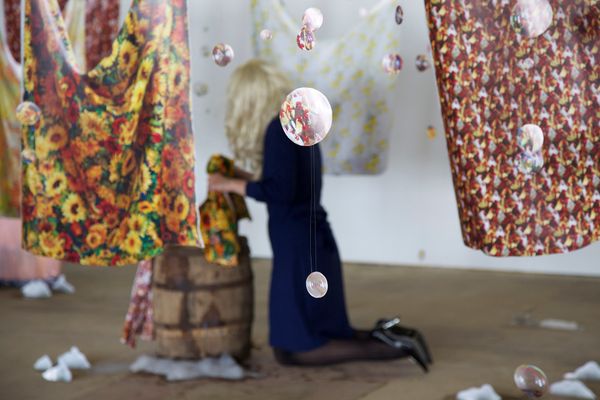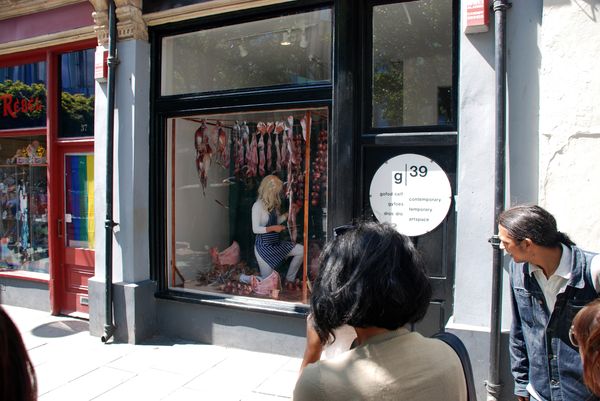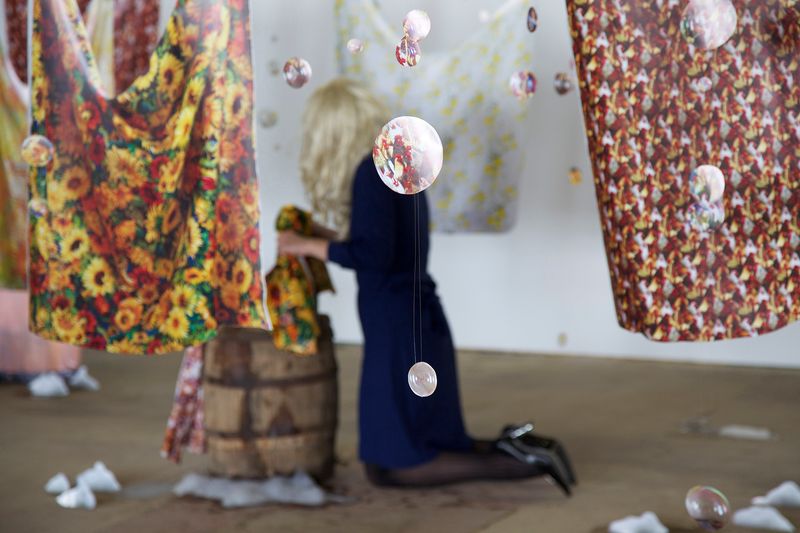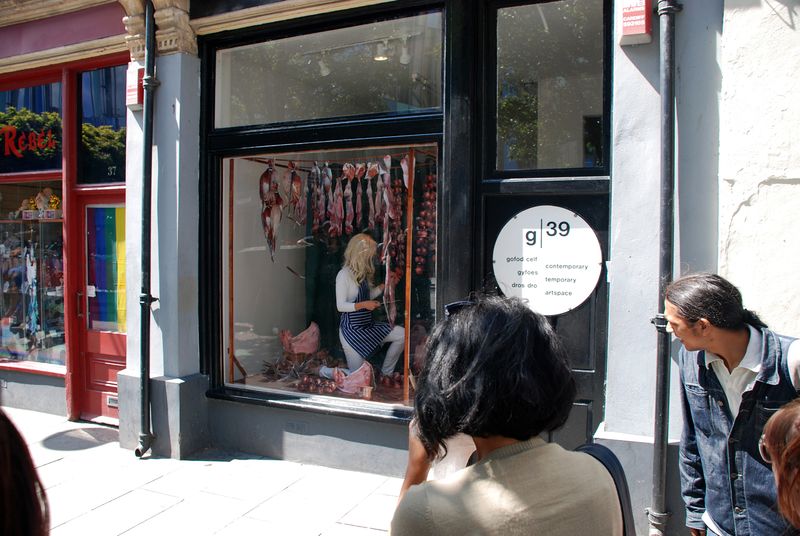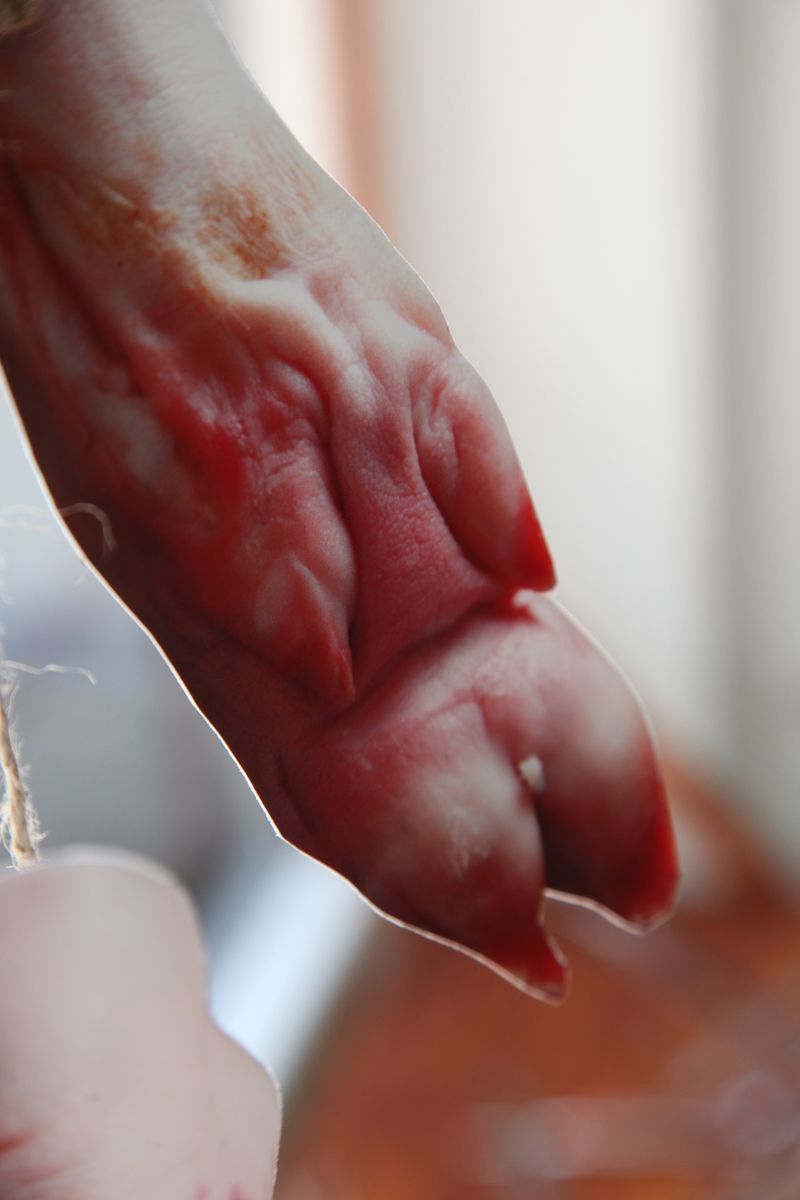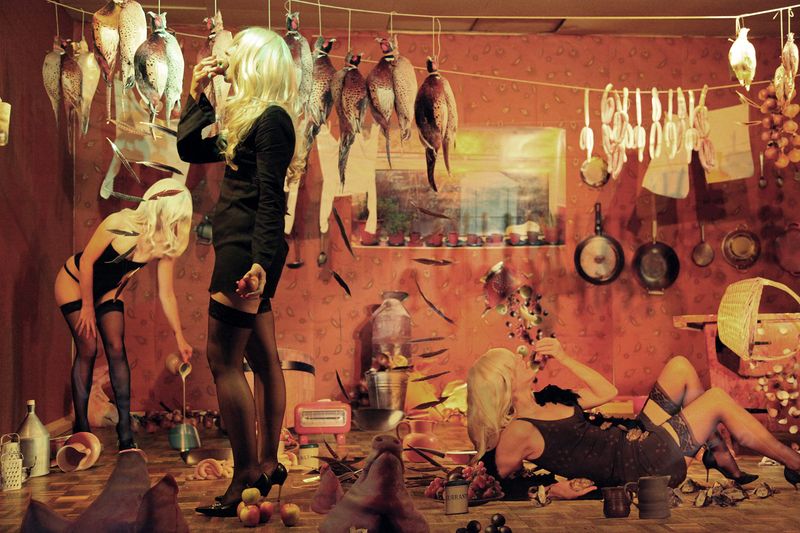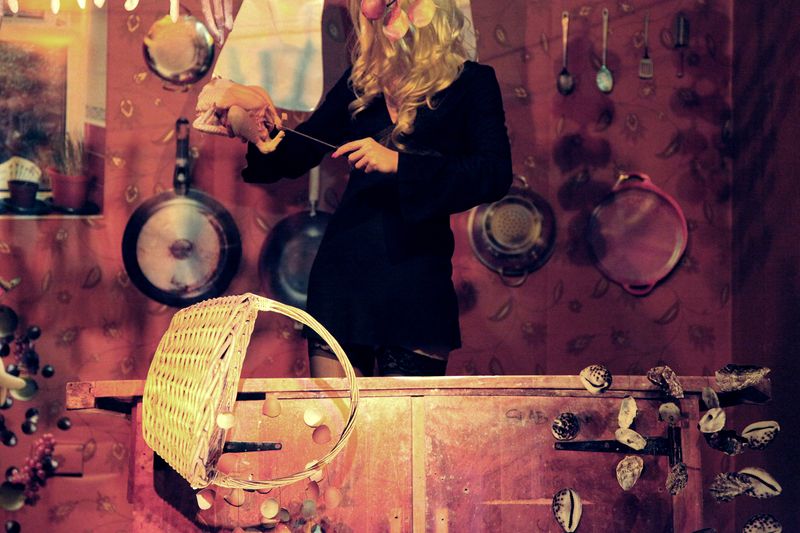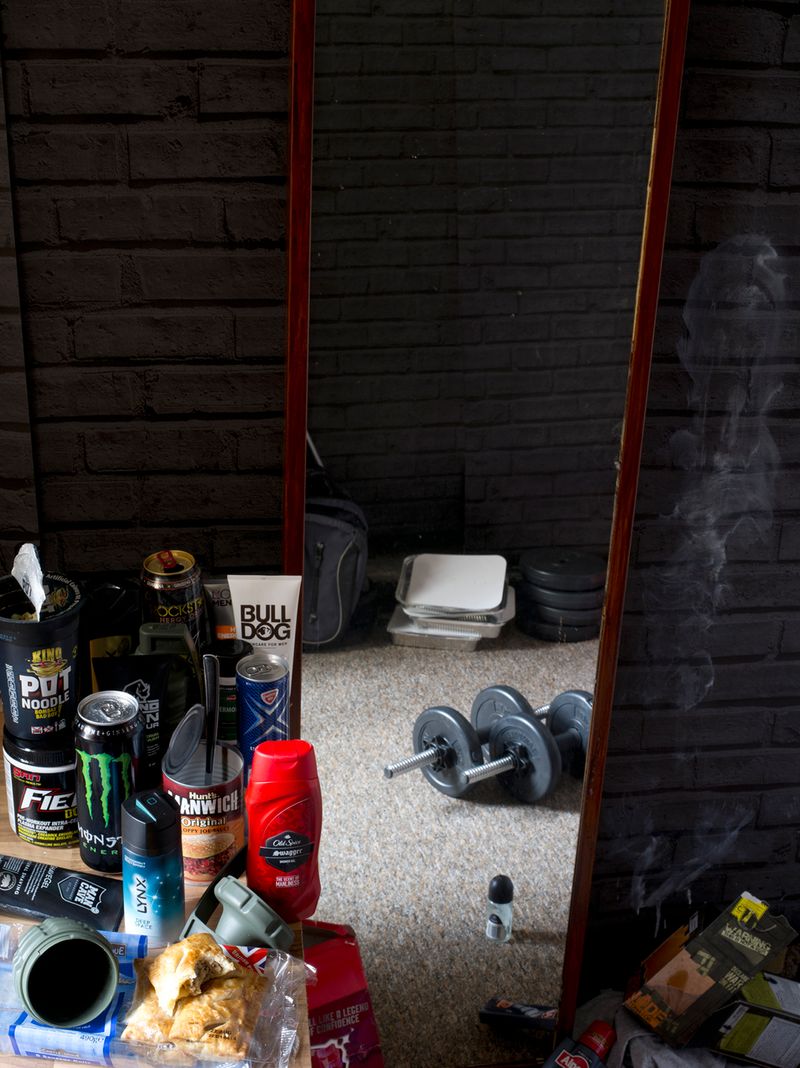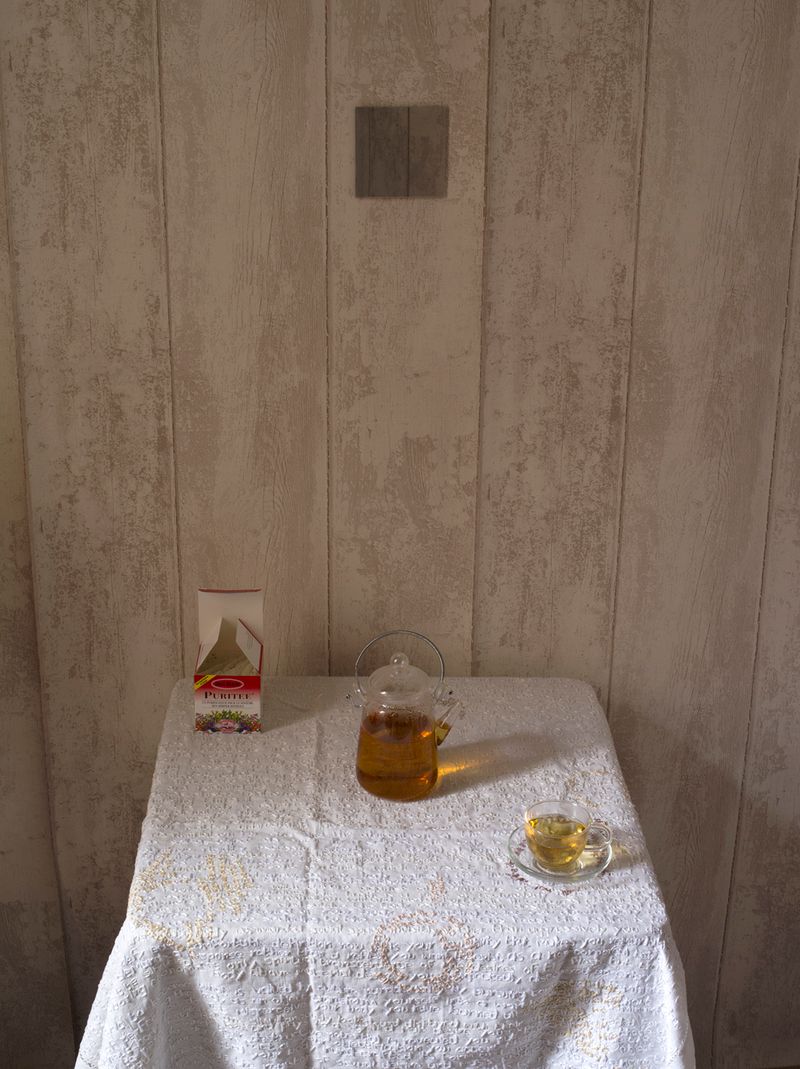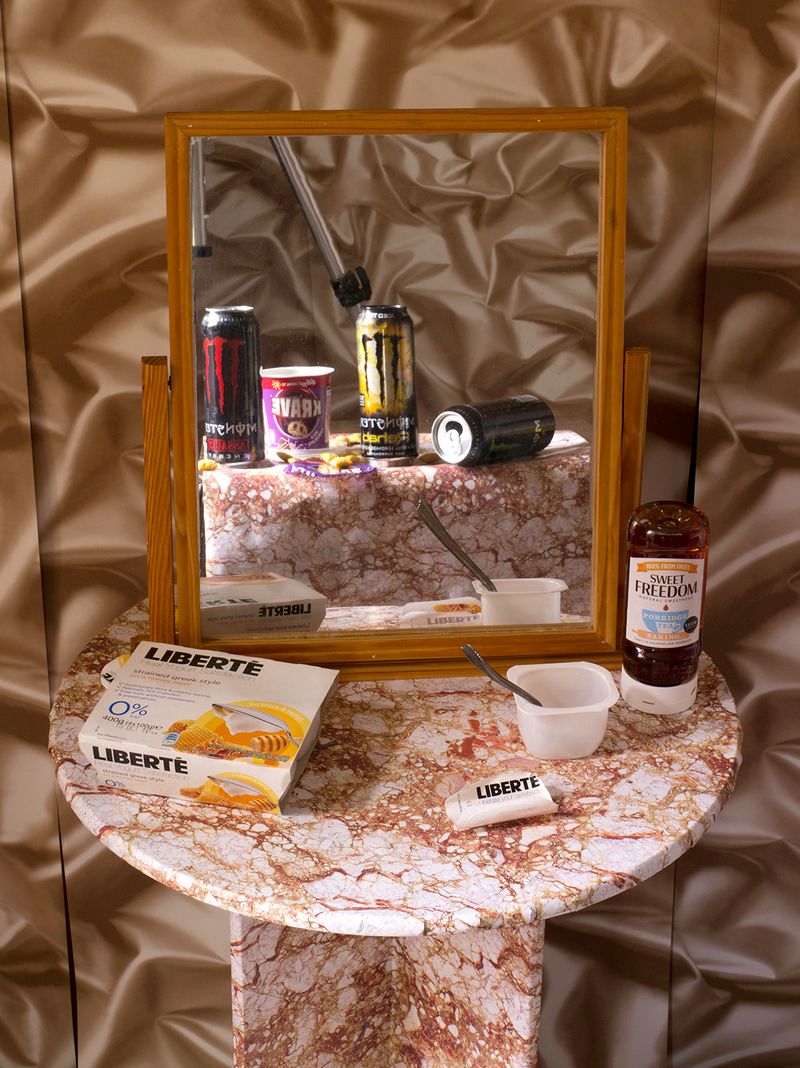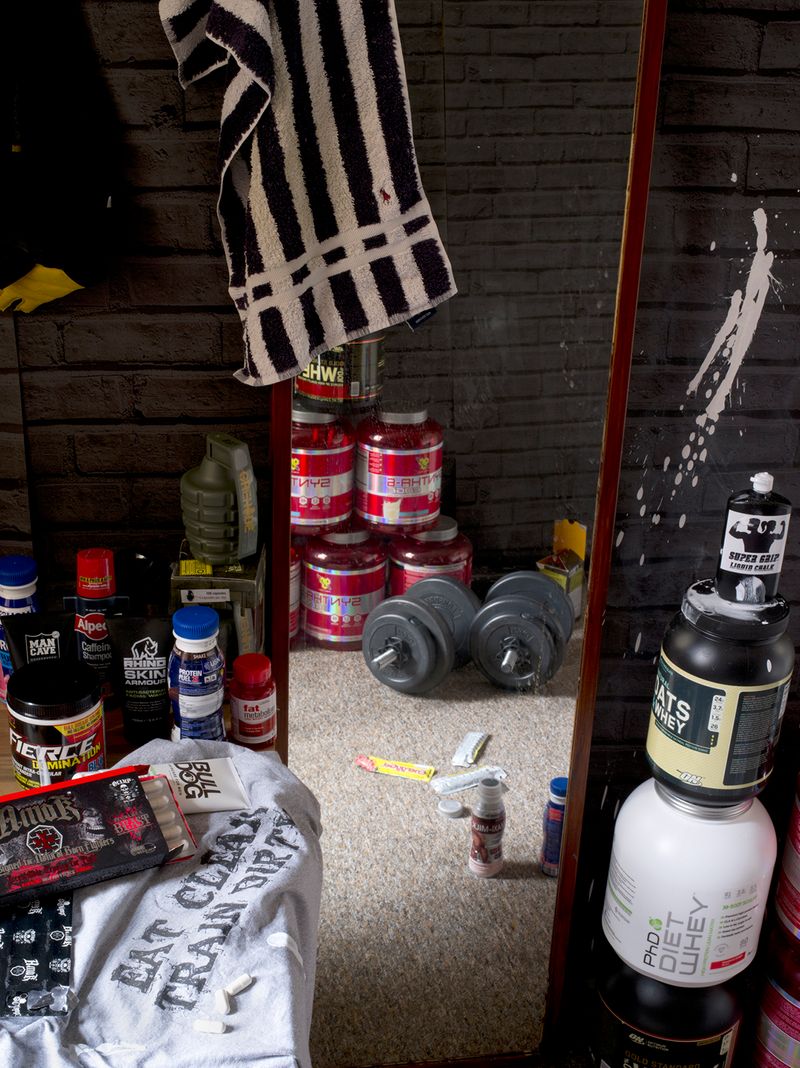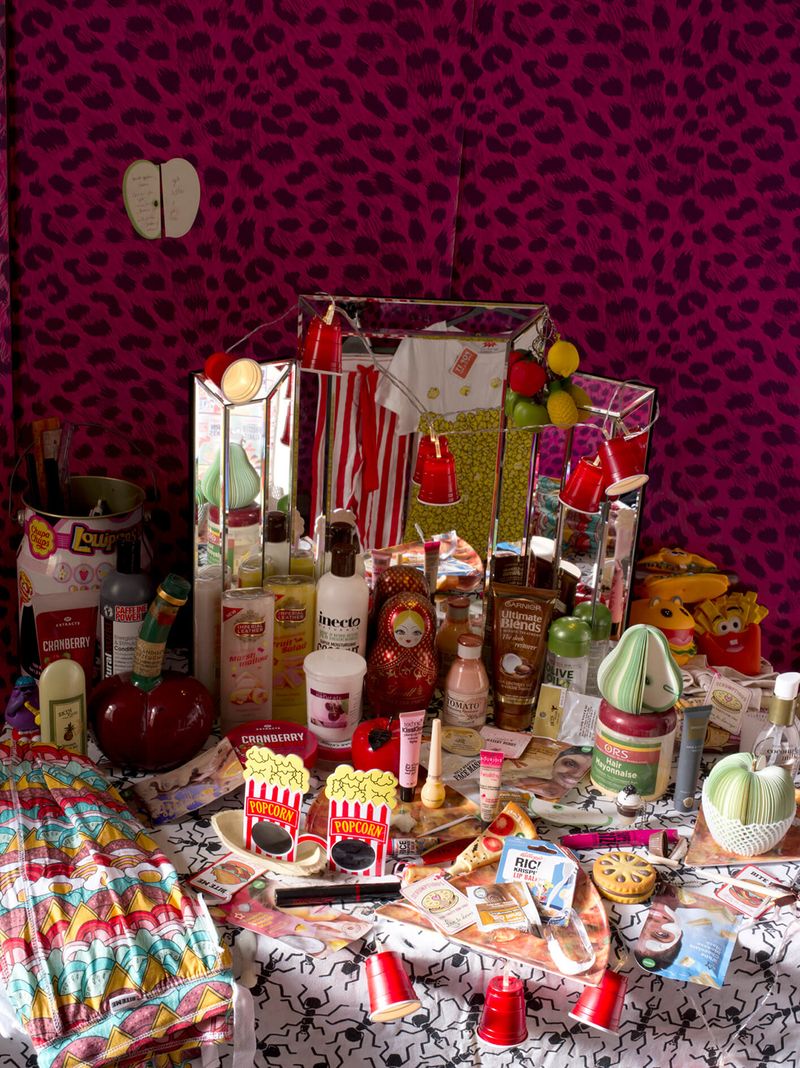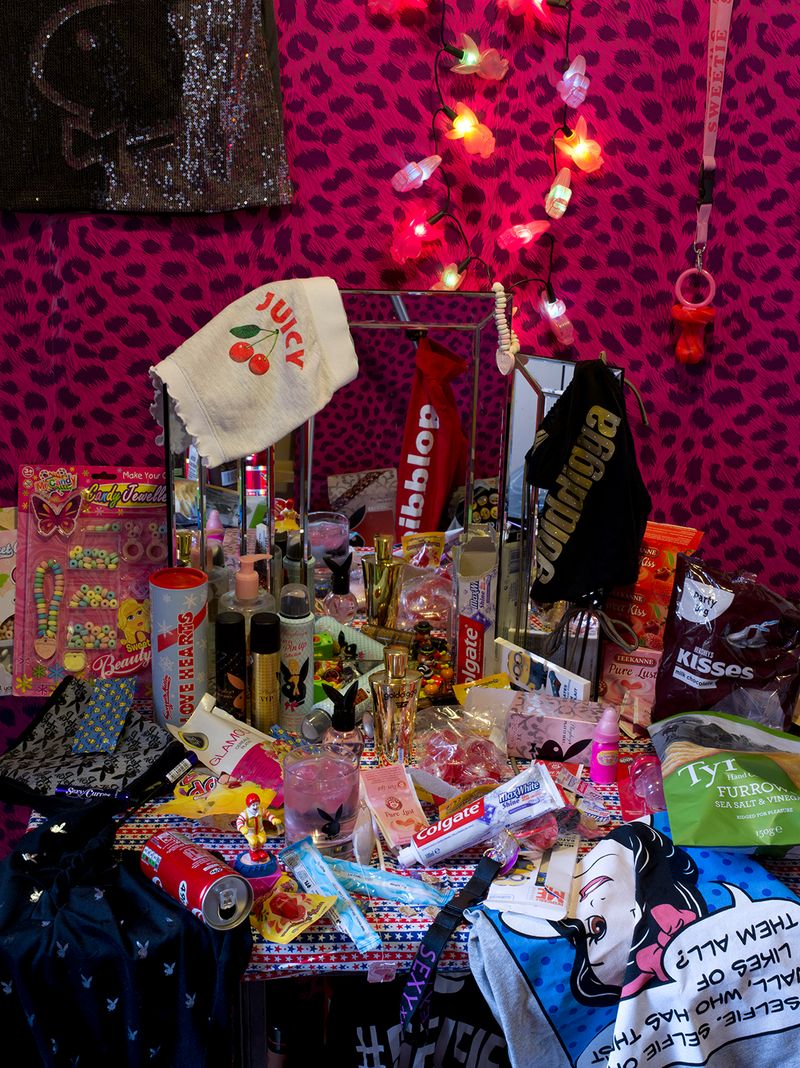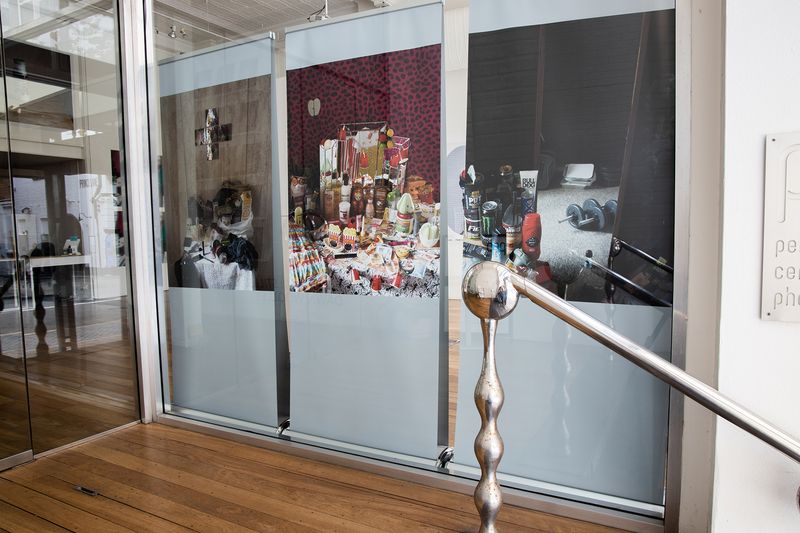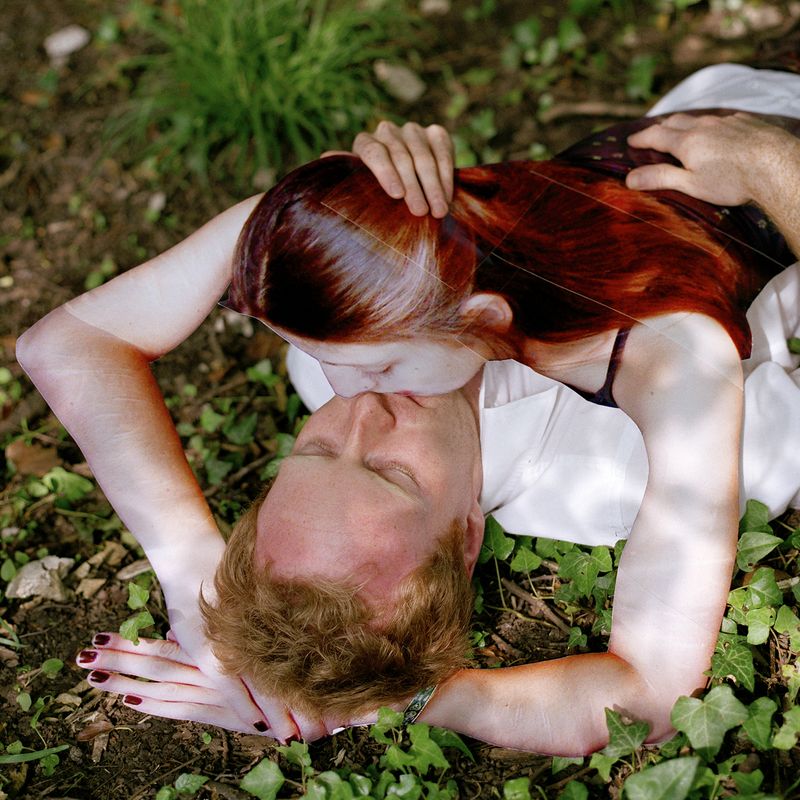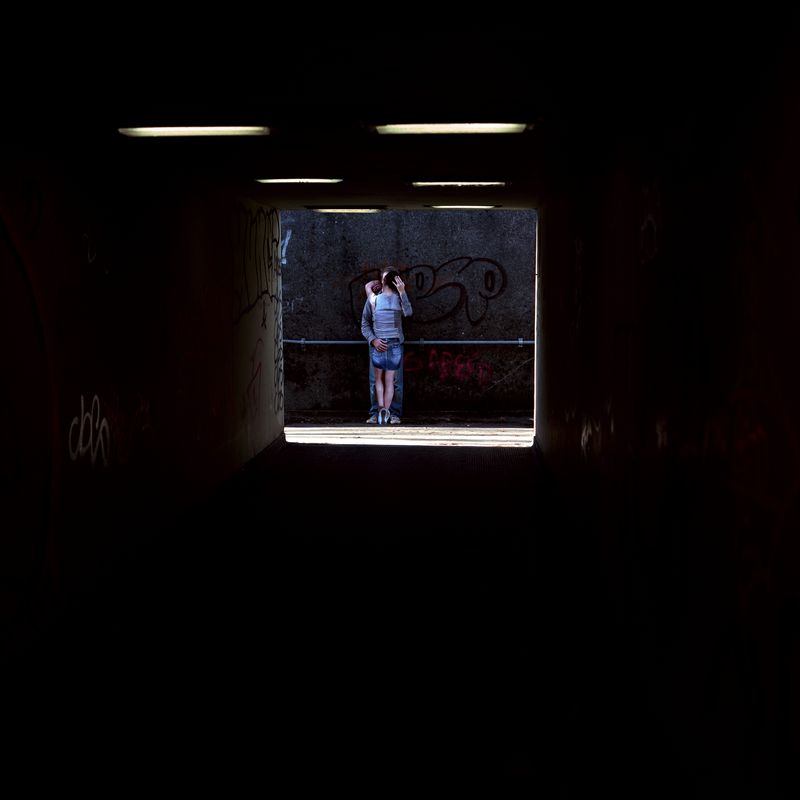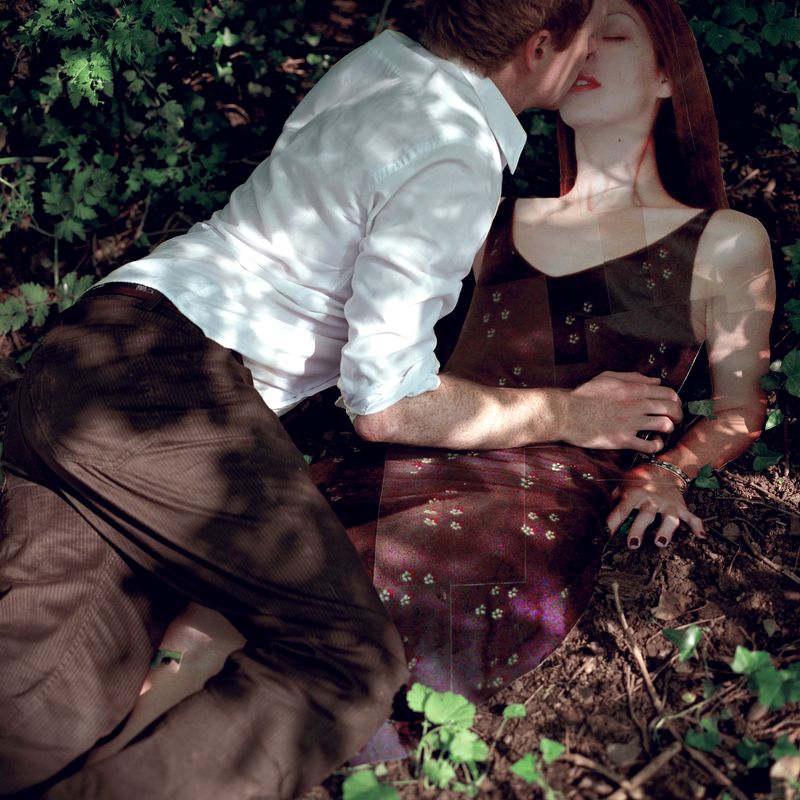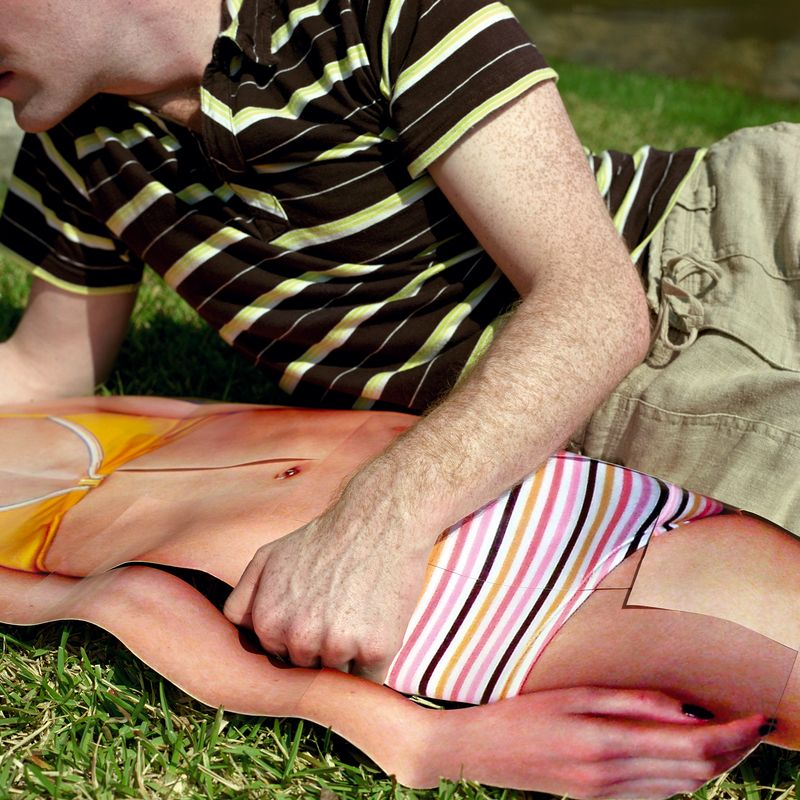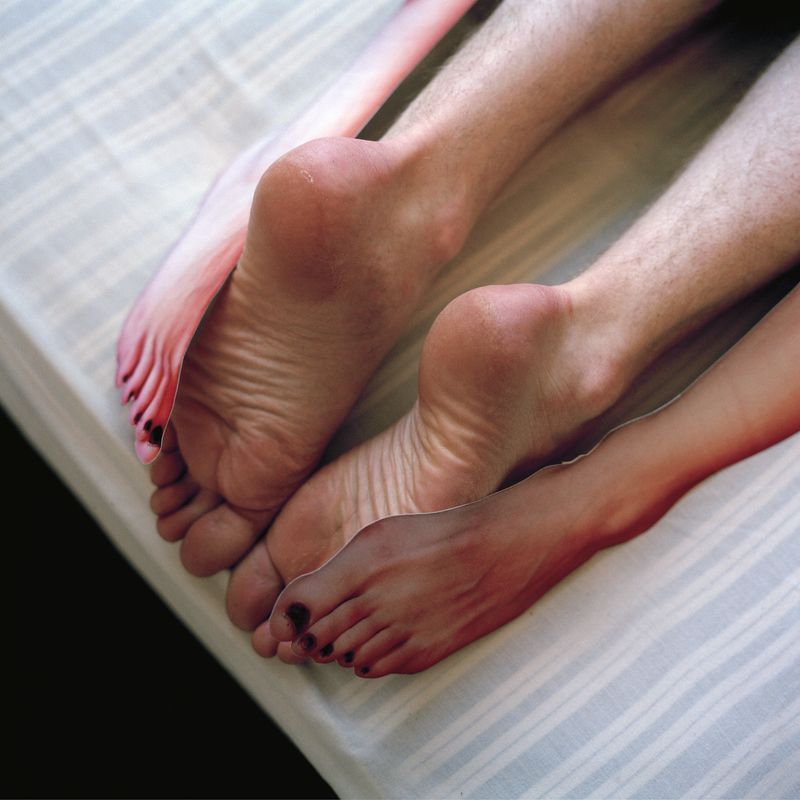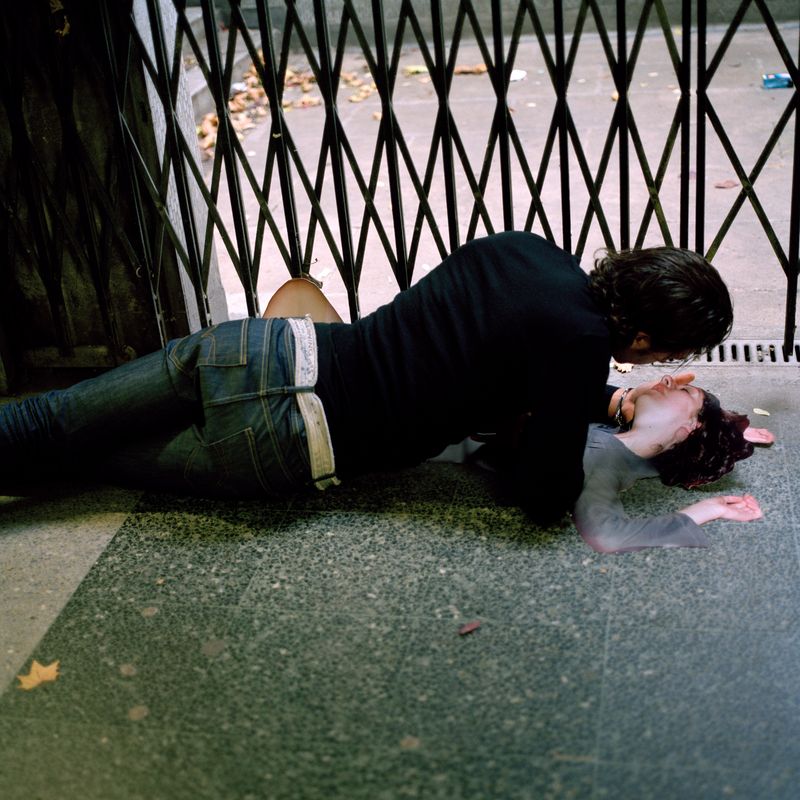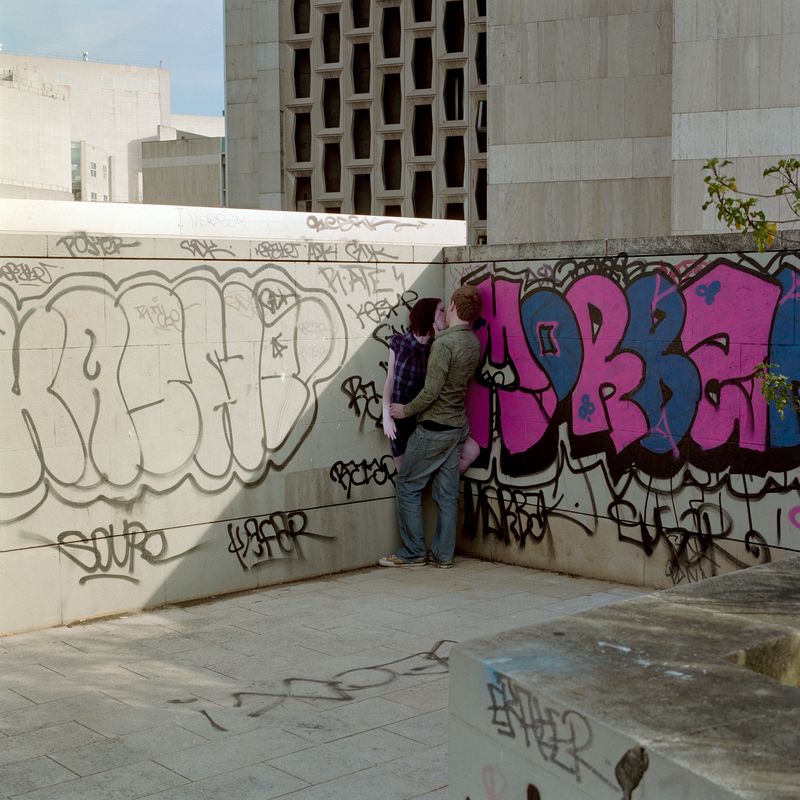Hysterical Selfies and Rebel Selves
-
Dates2007 - Ongoing
-
Author
-
Recognition
My artistic practice encompasses performance, photography, video, and installation. It is a form of activism and a feminist critique of representations of gender in commercial and popular culture. I examine neoliberal patriarchal culture using a queer, anti-capitalist lens, paying particular attention to the new modes of expression and discipline produced by social networking sites, particularly in selfies. I examine the visual characteristics of different types of selfies posted using the hashtags #fitspiration, #thinspiration, #fatspiration, #bodypositivity, and #quantifiedself in order to understand what these types of self-representation communicate about adherence to and rejection of consumer culture ideals.
This began with an examination of idealized representations of femininity and how they impact of self-conception and desire in The Substitute. In Hysterical Selfies, I attempted to describe how commodity culture on social networking sites impacts on identity. The images contain a mirror and are photographed from shoulder height, creating a point of view that conforms to the conventions of a mirror selfie, but the body of the selfie-producer is absent. The mirrors reflect commodities suggestive of an identity formed entirely by products and advertising concepts. The series is printed on commercial ‘pop-up banners’, further emphasising the commercial origin of the identities that the selfies evoke. By presenting cornucopia of products that have similar ideological messages this series demonstrates how adverts on social media repeatedly and insidiously reinforce gender ideologies.
Currently I am developing a participatory installation that critiques idealised heteronormative gender expectations in selfies and portraiture. A series of theatre flats and banners, wearable sculptures and photographic cut-outs will create a performative space in which visitors can create queer selfies that rebel against gender and beauty norms.
Selfies are an important mode of self-presentation, however, they are often restrained and disciplined in relation to gendered beauty ideals. They are idealised versions of ourselves, that can lead to escalations of expectations that can have an impact on our bodies in the physical world. Research shows that editing and using digital filters on selfies increases the individual’s likelihood of seeking cosmetic surgery to enhance their features. One cosmetic surgeon, nicknamed ‘Dr Miami’ the ‘Snapchat surgeon’ describes how images of perfect faces and bodies achieved using digital filters and shared on snapchat, are driving people to surgery (Kelly Allen ‘Snapchat surgery hits the UK’, Heat 932, 22–28 April 2017). We change ourselves to become more like our images – we need to feel ‘instagrammable’. There is a feedback loop of dialogue between our bodies, the images we take of them and the technologies that apply filters to the images to alter them. The aim of this installation is to create a space that allows visitors to intervene in this communication and introduce glitches into the visual language of gestures and ideal body types. They will produce queer selfies that disrupt the binary language of beauty ideals.
Queer selfies present the individual as a glitchy, composite person formed from blurring fragments of body and installation. They challenge the human centricity of consumer culture, blending the self with different objects, places, and people, to give a complex impression of a more-than-human multispecies tentacular entanglement, to use Donna Haraway’s term (2016). The installation will de-centre the individual, enabling families and friends to collaboratively produce selfies and present the self as a social being in a community of others. The process of queering selfies is communal and dependent on shared knowledges and experiences, rather than the ideas of one individual.
If selected, I will produce a series of #RebelSelfie self-portraits during a performance in the installation. I will wear specially designed garments that reference an advert for L’Oreal Infallible Sculpt makeup (https://youtu.be/pxX_zzRFeh0) featuring Barbara Palvin wearing a belt of selfie-sticks and mobile phones photographing her from all angles. Palvin says ‘I may not be infallible, but I’m always selfie ready’ and a voiceover tells the audience that they can be ‘selfie ready from any angle, 24 hours a day’. My costume will not place me in the centre of a disciplining gaze of cameras, but will use outward facing mirrors to capture my reflection as I perform in front of the mirrors in the installation.
